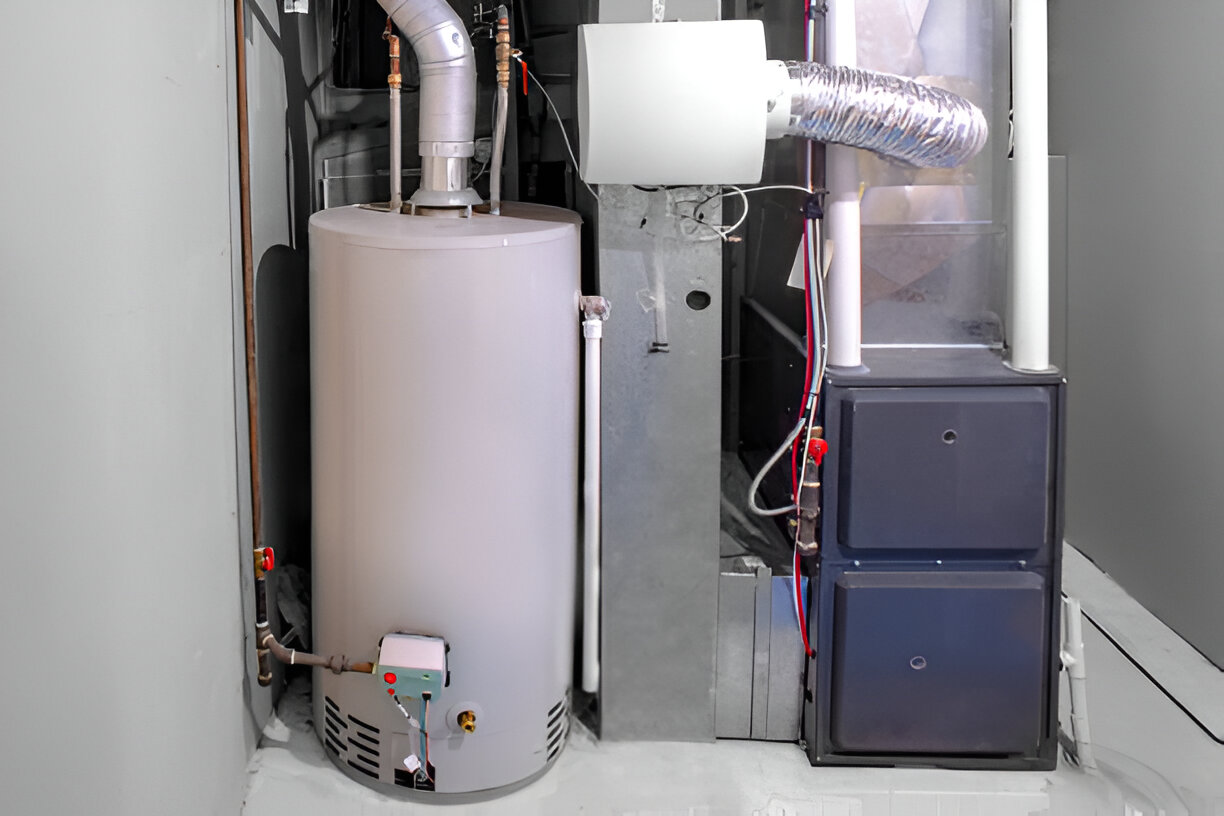
Furnace Tune-Up in Lancaster City, PA
A professional furnace tune-up in Lancaster City, PA is one of the most effective ways to keep your home safe, comfortable, and energy efficient through cold Pennsylvania winters. Whether you live in a historic rowhome near the square or a newer subdivision in east Lancaster, a thorough annual tune-up addresses common problems before they become costly breakdowns, reduces energy use, and helps your system deliver consistent warmth when you need it most.
Why a tune-up matters for Lancaster City homes
Lancaster County winters bring prolonged cold spells and higher run-times for furnaces. Many homes in Lancaster City are older and may have ductwork or insulation quirks that increase system workload. Dust from nearby farms, seasonal pollen, and higher indoor humidity in tightly sealed homes can clog filters and reduce airflow. A tune-up adapts your system to these local conditions so it runs safely and efficiently all winter.
Common furnace problems in Lancaster City
- Uneven heating from one room to another, often caused by restricted airflow or duct leaks
- Rising energy bills during the heating season due to inefficient combustion or dirty components
- Short cycling (frequent on/off cycles) that stresses components and raises repair risk
- Soot, yellow pilot flame, or unusual odors indicating combustion or venting issues
- Noisy operation caused by loose parts, worn blower motors, or unlubricated bearings
- Reduced indoor air quality from clogged filters and accumulated dust in the system
What a Furnace Tune-Up in Lancaster City, PA includes
A complete tune-up follows a detailed checklist to make sure safety, performance, and efficiency are addressed. Typical items performed during the service:
- Safety inspection: Visual check of heat exchanger, venting and flue integrity, carbon monoxide risk points, and gas line condition for gas-fired systems
- Thermostat calibration: Verify thermostat accuracy and control settings to ensure the furnace responds correctly to temperature changes
- Airflow checks: Measure and inspect blower operation, return air pathways, and duct connections to identify restrictions or leaks
- Filter check and replacement: Replace or advise on the correct filter size and MERV rating; remove dust and debris around filter housing
- Lubrication: Lubricate motors, bearings, and moving parts where applicable to reduce wear and noise
- Ignition and flame inspection: For gas furnaces, confirm proper ignition, flame pattern, and burner condition for safe combustion
- Electrical checks: Tighten connections, inspect capacitors and relays, and test safety controls and limit switches
- Efficiency testing: Measure system run performance, temperature rise across the heat exchanger, and—when applicable—combustion efficiency and CO levels
- System cleaning: Clean burners, condensate lines (on high-efficiency furnaces), and accessible components to restore proper operation
- Report and recommendations: A clear summary of findings, any needed repairs, and suggested next steps or upgrades
Diagnostic process: what the technician looks for
Technicians use a systematic approach during a tune-up to pinpoint issues rather than guessing. They start with a visual safety sweep, then run the system to observe operational behavior. Temperature differentials, blower CFM behavior, and control response times reveal hidden problems like blocked returns, failing motors, or incorrect gas pressure. Combustion and CO testing confirm safe exhaust performance—critical in older Lancaster City homes with tightly sealed construction that can trap contaminants.
Expected outcomes and measurable benefits
After a professional tune-up you can expect:
- Improved comfort with steadier temperatures and fewer cold spots
- Lower energy bills from optimized combustion and reduced blower run-time
- Fewer emergency repairs because worn components are identified and corrected early
- Longer system life by reducing stress on motors, burners, and controls
- Enhanced safety with checks for carbon monoxide, gas leaks, and vent blockages
- Better indoor air quality when filters and housings are cleaned and maintained
Most homeowners notice quieter operation and more even heating right away. Measurable gains such as a lower fuel or electricity usage are common over the heating season when inefficient elements are corrected.
Recommended frequency and how tune-ups fit into preventive maintenance
For Lancaster City households, a furnace tune-up is recommended at least once per year, ideally in early fall before the heating season. Annual service ensures safe startup and peak performance when temperatures drop. Homes with higher usage, older furnaces, or repeat issues benefit from two visits per year—one pre-winter check and one mid-season inspection—to catch problems early.
Tune-ups are a cornerstone of a preventive maintenance plan. A maintenance plan typically bundles scheduled inspections, priority scheduling, and routine filter replacements so systems are serviced on a regular cadence. Regular tune-ups lower lifecycle costs by reducing emergency repairs and maintain manufacturer warranty compliance for many systems.
Practical tips to keep your furnace running between tune-ups
- Replace 1 inch filters every 1 to 3 months; higher MERV or pleated filters may need more frequent checks
- Keep return and supply vents unobstructed and clear of furniture or curtains
- Seal obvious duct leaks and insulate exposed ductwork in unheated spaces
- Set thermostat schedules to reduce unnecessary runtime and minimize short cycling
- Watch for warning signs: soot, yellow pilot flame, strong odors, or sudden increases in bills and schedule service promptly
A professional furnace tune-up in Lancaster City, PA is an investment in safety, efficiency, and comfort. Regular, thorough inspections and adjustments tailored to local conditions protect your home from seasonal stress and help your furnace deliver reliable warmth throughout the winter months.


Enjoy flexible financing options that make upgrading or repairing your HVAC system easy and budget-friendly.










